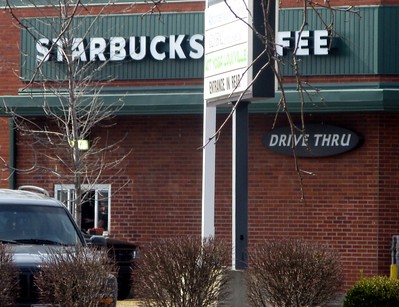Colleges and universities in Alabama are waiving application fees this week as institutions observe “Alabama College Application Week.” The state hopes to see thousands of would-be college students apply while the state is waiving fees.
According to the state, more than 200 institutions participated in 2020, and the campaign yielded more than 28,000 applicants. To facilitate online applications – like the Common App – the state provides discount codes that will reduce application costs to $0. The codes will also enable Alabama students to apply to out-of -state schools at no cost. This is the ninth year of the program. Waiving fees appeals directly to Alabama’s low-income and first-generation college applicants.
Washtenaw Community College doesn’t charge an application fee, so at first blush, such a program has little practical value. While WCC has no application fee, it has fees. Technology fees, late add fees, mandatory fees, payment plan fees, photo ID fees, credit by exam fees, delinquent payment fees, course repeat fees, additional contact hour fees, credit for prior learning evaluation fees, credit for prior learning fees and returned check fees.
Waiving fees could potentially help all students. The technology fee adds $10 per credit hour to each and every credit that students register for. Waiving these fees could entice first-time students or students who have “stopped out” to return to the classroom. This would amount to nearly a 10% discount to qualifying students.
Waiving fees for delinquent payments (which accumulate monthly) for students who bring their accounts current could encourage students who might otherwise stop out continue their studies.
Waiving fees can open opportunities for some students
Fees can sometimes cover actual administrative costs, but in most cases, higher education institutions use fees as a substitute for tuition increases. It really doesn’t help students to hold tuition constant while sending their fees through the roof.
WCC students should be particularly sensitive to the Administration’s proposal to tack on another $10-per-credit-hour fee to pay for the volume of campus construction it has planned. In part, students can’t afford a 10% cost increase. But in the bigger picture, non-academic buildings, “retail outlots,” neglected building maintenance and bypassed capital refreshes represent much of these proposed construction costs. There’s no reason to make the students pay for these projects. They represent very direct costs for the students but offer very limited direct benefits. (The SC renovation is a prime example of what the WCC Administration should be asking the taxpayers to fund.)
And it’s not that the taxpayers haven’t provided the money to take care of the buildings. We have given WCC more than a quarter-billion dollars in tax revenues in the last five years. The WCC Administration has regularly and deliberately used money that it should have spent on the campus infrastructure for pet projects and financing administrative bloat.
Waiving fees can make a very real difference for current and would-be students. Even Alabama knows that.
Photo Credit: frankieleon, via Flickr






































